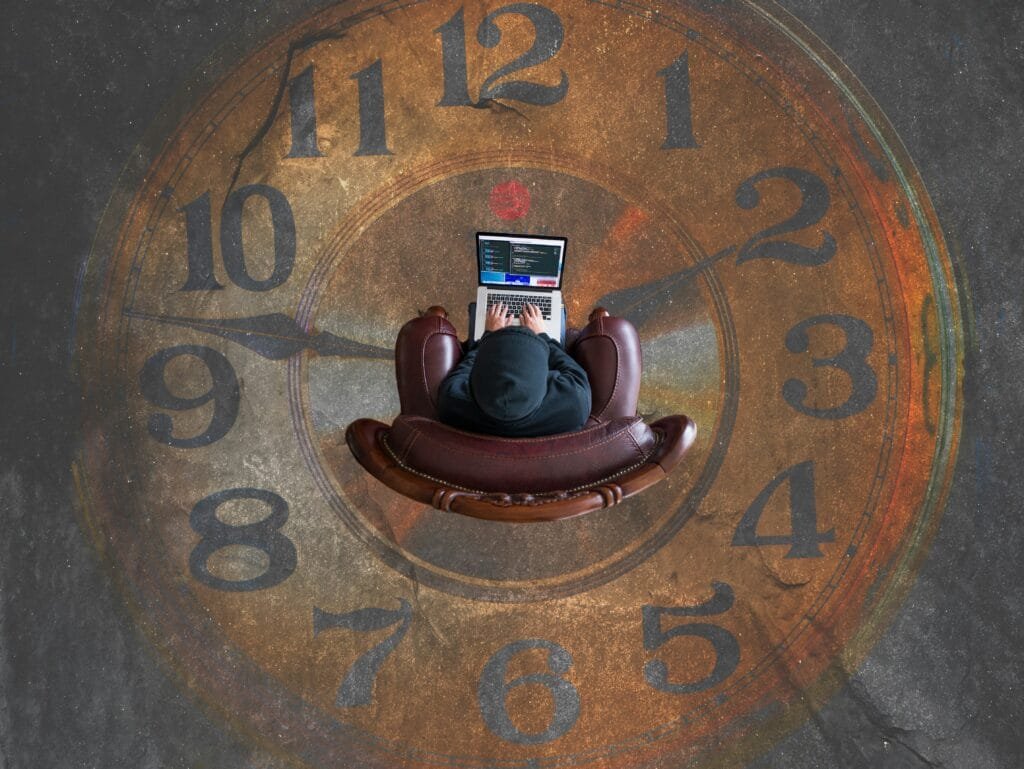STRESS MANAGEMENT: WHAT TO KNOW For BUILDING RESILIENCE MECHANISMS.

Are Stress Symptoms Overrunning Your Life? Try Stress Management Among these—clenched fists, racing heart, dry mouth, jaw discomfort, headaches, chest tightness, impatience, wrath, too much sweating, sleeplessness, back pain, worry, or unexplainable fear—do you identify any? If so, you most certainly are under stress. Everybody experiences stress; it shows up differently in different people. Good management of it depends on spotting triggers and creating coping mechanisms. Appreciating Stress: Stress is your body’s normal reaction to change that sets off a “fight or flight” response. The American Psychological Association characterizes it as an unpleasant emotional experience accompanied by predictable physical and psychological changes. It results from unanticipated events upsetting your comfort and consistency. The Silent Offender: Stress can result from internal (low self-esteem, worries, procrastination, poor planning, health concerns, negativity) or external (work-life imbalance, congested surroundings, deadlines, high-pressure jobs, confrontations, challenging coworkers or supervisors). Stress Symptoms: Common symptoms include absent-mindedness, distraction, boredom, poor energy, irritability, impatience, and mood swings. Extended stress can seriously compromise health (headaches, back pain, ulcers, heart disease, decreased immunity) and sour relationships and performance at work. Managing Stress Proactively: Though it’s unavoidable, you can learn to control your stress. Take these underlines into account: Try to avoid tension. Change: Could you change things? Accept: Could you change your viewpoint if avoiding or modifying isn’t possible? Managing stress saps vitality. The keys are acceptance and change of attitude. Methods of Instant Stress Relief: Deep breathing helps one relax and increases oxygen flow. Water hydrates mental clarity and increases vitality. Talking about your worries helps to alleviate the load and assists problem-solving. Writing clearly enables you to perceive your issue from a distance. Ask yourself how you would handle the problem and list doable actions. Long-Term Stress Reduction Strategies: Meditating helps one be peaceful, relaxed, and mentally clear. Exercise releases endorphins, strengthens resilience, and boosts energy. Gratitude helps one to refocus on the good sides of life, therefore lowering stress and promoting harmony. Give whole stress management first priority if you want a better, more contented existence. Reflection points: Your sources of stress are what? How does stress show up in your life? Which strategies for stress management speak to you? What particular steps do you intend to take? From what advantages will you stand? When are you going to start? “Most of us can read the wall’s writing: We just assume it’s addressed to someone else.” ≈ Ivern Ball
Are You Maximizing Your Available Time? Time Management Solutions

Time: Our Most Valuable but Mostly Wastable Resource. Although we all share 24 hours, some of us struggle while others produce amazing outcomes. What is the secret to maximizing your available time? Efficient time allocation? Time Management? The hazards: Giving urgent chores top priority over critical ones sets off a never-ending cycle of crisis management, stress, and exhaustion. A useful time management technique: 1. Thorough Task Capture: Make an all-encompassing master list of every chore independent of deadlines. This helps you to free mental space for strategic thinking by clearing your head and guarantees nothing is missed. Strategic orientation: Sort chores according to importance—one, two, three, etc. Start with the most important chores. 2. Concentrated Work: Deal with first priorities until finished. Turn away distractions. Finish your most crucial chores and experience true success. 3. Preventive Planning: Plan your evening to guarantee a good start for your day. 4. Environmental enhancement: Organize your desk to minimize distractions and lower noise levels. 5. Organized Productivity: For constant concentration and mental rejuvenation, use the 45–5 work/break cycle. The Fundamentals: Our most dear resource is time. Effective plans will help us turn a lost asset into a potent instrument for success.
